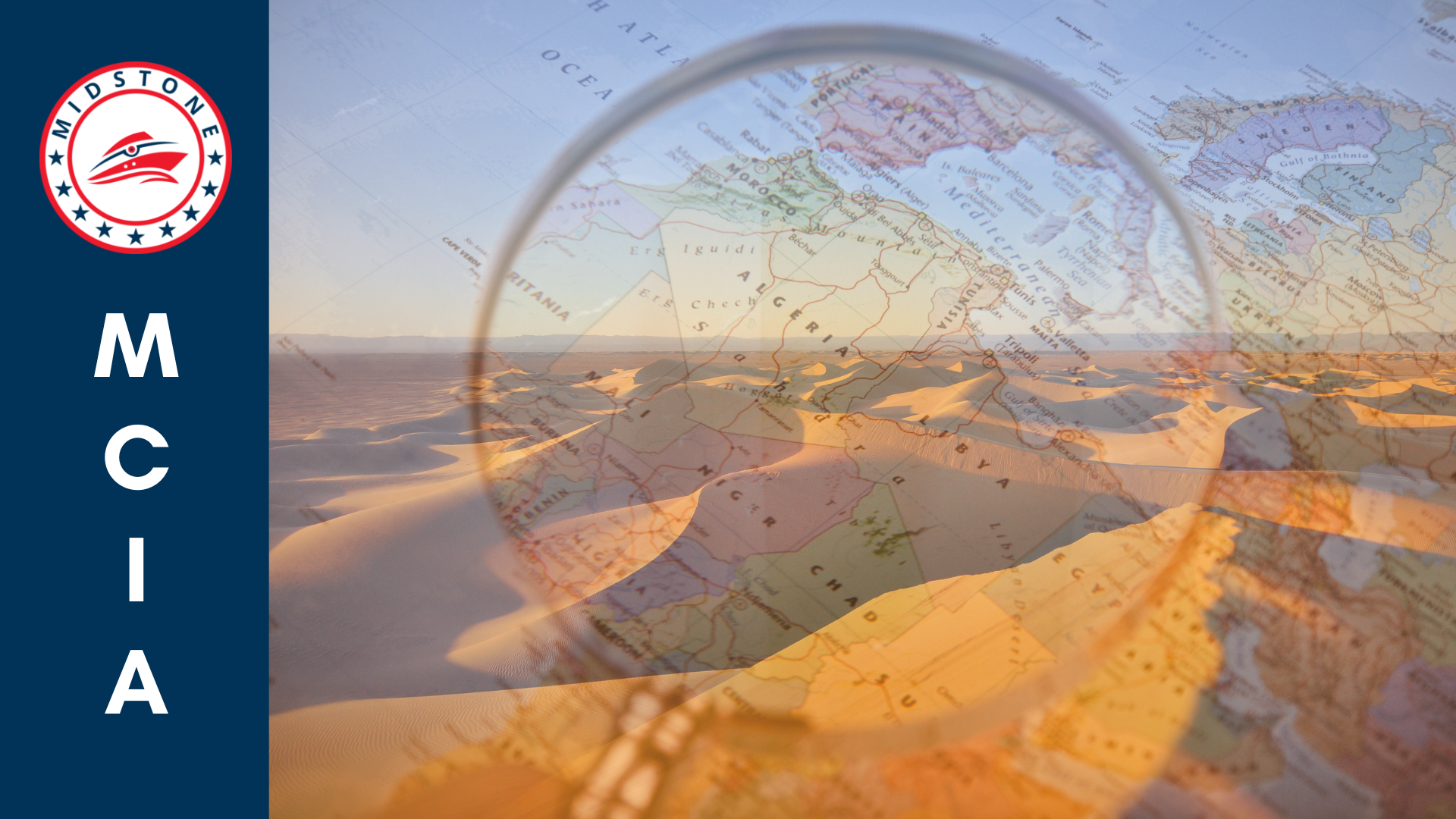
An intriguing situation is currently unfolding in North Africa, where all the focus is on everything except one unnoticed critical factor.
Earlier this year, Tunisia made a noteworthy decision to crack down on illegal immigration, which primarily impacted migrants from Sub-Saharan Africa. However, the response of the general population to this decision was shocking. Migrants were subjected to evictions, job losses, and even the closure of their houses of worship. According to some reports, they were also spat upon, demonstrating the extent of the hostility towards them.
The speed at which the crackdown on illegal immigration was implemented is indeed remarkable. Mali and Cote D’Ivoire were among the countries that organized airlifts to repatriate their citizens caught up in the crackdown, helping them return home. However, the other side of the coin is that there has been an upsurge in the number of migrants leaving Tunisia, attempting to make the dangerous journey across the Mediterranean to Europe.
The rapidity with which the crackdown on illegal immigration was implemented raises the question of whether an external actor played a role in shaping the situation. The answer to this query seems to be a definite yes. The identity of this external actor may not come as a surprise to some people.
Algeria, Tunisia’s regional neighbour, appears to wield undue influence on the events unfolding in the country. It is essential to note that the current jihadist activity affecting the Sahel region originated from the GPSC (Salafist Group for Preaching and Combat) that emerged following the 1992 coup, which nullified the 1991 elections.
There have been reports of Algerian exiles being refouled to Algeria and facing the Algerian criminal justice system once again. Shockingly, one of those returned was under UN protection. These events should have raised alarms and been viewed as warning signs of future events to come. However, they did not receive the necessary attention.
Despite efforts to address the crisis, the situation in Tunisia has persisted. Tunisia has evaluated its eligibility for receiving another IMF package and has reestablished ties with Syria. However, a breakthrough in the situation came after Algeria President Abdelmajid Tebboune made statements in an Al-Jazeera podcast that described the relationship between the two countries. President Tebboune acknowledged that Algeria seeks stability for Tunisia but admitted to playing a role in the internal dialogue. This has led to charges of Algeria interfering in Tunisian domestic politics. President Tebboune’s statement that “Tunisia is a security extension of Algeria and Algeria is a security extension of Tunisia” has particularly drawn criticism, not just from the Tunisian political opposition but also from others who have noticed this apparent hypocrisy.
A recent statement made by Lt. Gen. Said Chengriha, the head of the Algerian Army, has raised eyebrows. In the statement, Chengriha proclaimed that “Algeria rejects any form of foreign intervention in the region under the pretext of combating terrorism because it is an approach that has proven to be a complete failure.”
The statements made by both the President of Algeria and a high-ranking military official are notable because they suggest that Algeria views Tunisia as a key security issue and indicates a consensus within the Algerian leadership and underscores the importance of addressing the security challenges in the region. This raises questions about Algeria’s potential actions in the region and its involvement in Tunisian domestic politics.
Algeria has been a critic of French-led Operation Barkhane, which ended operations last year, and it could be seen as a criticism of Operation Flintlock, an annual exercise conducted by the United States along with its African partners. These criticisms suggest that Algeria views the region as within its area of influence and may not want foreign intervention in the area. The recent actions taken by Algeria, including its involvement in the internal dialogue of Tunisia and statements made by its president and military official, further reinforce this idea.
President Tebboune’s comments about the relationship between Algeria and Tunisia and criticisms of foreign-led military operations can be viewed as an effort to project strength and influence ahead of the upcoming Algerian elections.
In conclusion, the recent actions and statements made by Algeria suggest that it is seeking to assert itself as a dominant power in North Africa. Its criticisms of foreign-led military operations, involvement in Tunisia’s internal dialogue, and statements by its leadership all point to a desire to maintain stability in the region and protect its own interests. However, the potential for interference in the internal affairs of neighbouring countries raises concerns about the need for a collaborative approach to addressing security challenges in the region. It remains to be seen how Algeria’s perceived power and influence will play out in the future.
